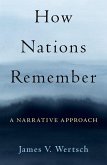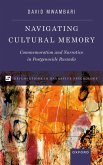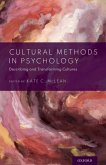Navigating Cultural Memory examines how a master narrative of the 1994 Genocide Against the Tutsi evolved into a hegemonic narrative both in Rwanda and globally. Identifying key actors who shaped and responded to the evolution and enforcement of the master narrative in the first two decades after the genocide and civil war ended, it engages with important questions about collective memory, trauma, and power following violent and divisive events. With chapters analyzing interviews the author collected, as well as other secondary sources, Mwambari charts how Rwandans from different backgrounds--who he identifies as Champions, Antagonists, and Fatalists of the master narrative--have responded to this event through language, physical symbols of memory, art, and traditional and new media. Mwambari argues that a relational approach to dignity can help transform polarizing narratives away from sources of competition, exclusion, and silence, and towards healing. Conversations about the politics around the master narrative and about the collective presentation of violent histories are not only important for contemporary politics but the key to Rwanda's present and future peace. By exploring these contradictions in memories between actors in Rwanda and abroad,
Navigating Cultural Memory offers crucial insights into the complexities surrounding individual and collective memory in societies recovering from violent conflict, mass atrocities, and genocide.
Dieser Download kann aus rechtlichen Gründen nur mit Rechnungsadresse in A, B, BG, CY, CZ, D, DK, EW, E, FIN, F, GR, HR, H, IRL, I, LT, L, LR, M, NL, PL, P, R, S, SLO, SK ausgeliefert werden.









